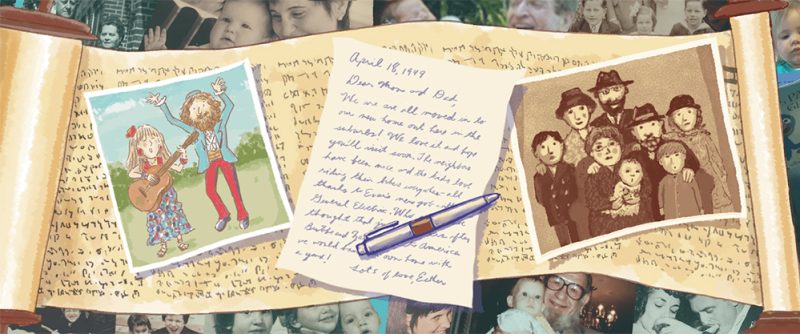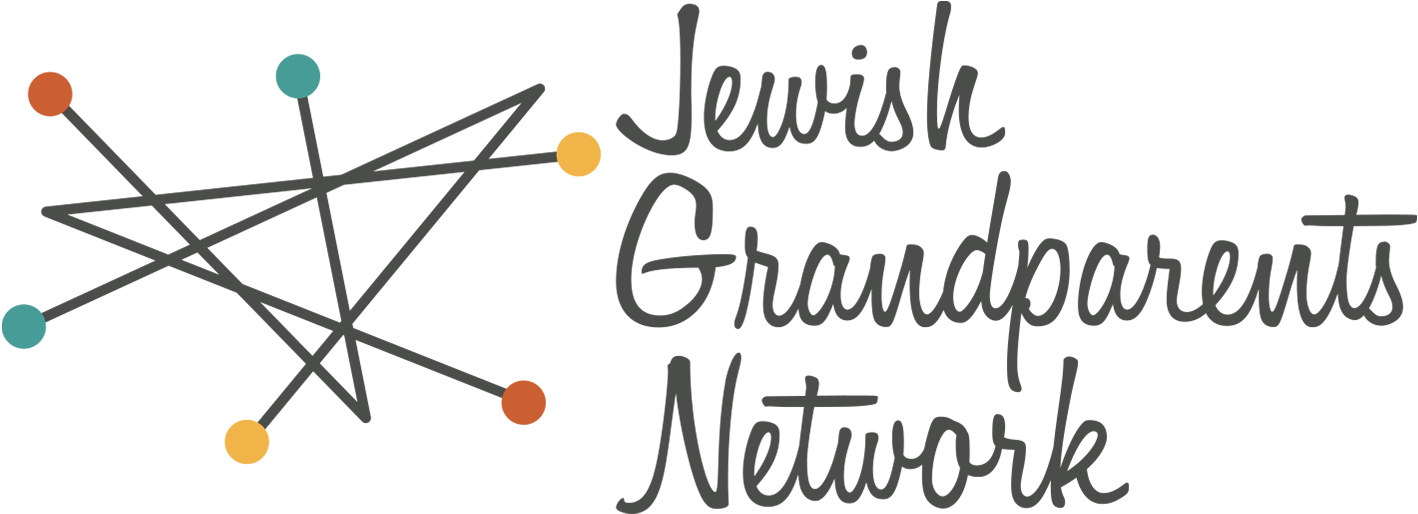
May 17 2021 Why Sharing Family Stories is Good for Your Grandchildren
Ages:
Adult“And you shall tell your child…”
—Exodus 13:8

There is a compelling reason to share our family stories. In the 1990s, Marshall Duke and Robyn Fivush, psychologists at Emory University, sought to test the hypothesis that knowing family stories can impact children’s emotional well-being. To see if they were correct, Duke and Fivush, developed the “Do You Know…?” scale, twenty questions about family history. For instance, Do you know where some of your grandparents grew up? Do you know the names of the schools that your mom and dad went to? Do you know how your parents met?
Duke and Fivush discovered a direct correlation between the number of questions children got right and their emotional resilience: The more children knew about their family’s history, the stronger their sense of control over their lives, the higher their self-esteem, and the more successfully they believed their families functioned.
In talking about his research, Duke is careful to point out that it is the time spent by grandparents, parents, and other family members sharing these stories that is so impactful, rather than just knowing the correct answers. It is the telling that establishes the essential link between the stories and a child’s sense of self. Duke calls this “an intergenerational sense of self.” This “unifying narrative” accompanies children when they face problems or challenges. “If my great-grandfather could leave his homeland, travel to a strange new place as a teenager, and build a successful life, I can manage going off to sleepaway camp for the first time.”
Duke and Fivush distinguish three types of family narratives:
- Ascending Narrative—where everything gets better and better
- Descending Narrative—where everything gets worse
- Oscillating Narrative—where successes are followed by challenges, followed by successes, and so on.
It is the oscillating narrative that has the strongest impact on a child’s emotional well-being.
It is likely that all our families have oscillating narratives. However, many of us are reluctant to share difficult or painful stories; for instance, those of family members who suffered through the Great Depression, were lost in the Holocaust, or endured other trauma or hardships. But—with the caveat that we need to be thoughtful about when a child is old enough or ready to hear difficult stories—it is important to share these stories with children and grandchildren. “It helps them make sense of their experiences when something senseless happens …. When we don’t know what to do, we look for stories about how people have coped in the past,” Fivush says.
In many ways, our Jewish narrative reflects the archetypal oscillating narrative: Abraham leaving his native land and founding a new nation; Jacob and his sons facing a drought, finding refuge in Egypt, forced into slavery; Moses leading the Israelites to freedom. Thus, learning about our Jewish stories can further advance children’s “intergenerational sense of self” and their emotional resilience.
- What are the stories that shaped who you are?
- How do you share these stories with your children and grandchildren?
David Raphael is CEO and Co-founder of the Jewish Grandparents Network




 We use technologies like cookies to remember your preferences. Consenting to these technologies will provide you with a better browsing experience. JGN never shares information about your use of our website.
We use technologies like cookies to remember your preferences. Consenting to these technologies will provide you with a better browsing experience. JGN never shares information about your use of our website.